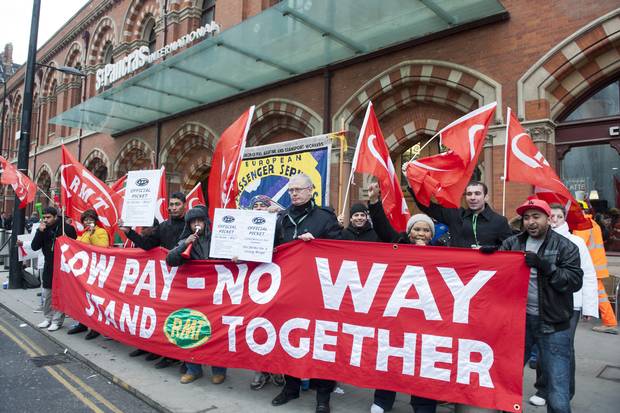Persistent low wages cost US taxpayers approximately $153 billion every year in public support to working families, according to a new report that details, for the first time, the state-by-state costs.
Following decades of wage cuts and health benefits rollbacks, more than half of all state and federal spending on public assistance programs (56 percent) now goes to working families, researchers say.
“When companies pay too little for workers to provide for their families, workers rely on public assistance programs to meet their basic needs,” says Ken Jacobs, chair of the Center for Labor Research and Education at University of California, Berkeley, and coauthor of the report. “This creates significant cost to the states.”
BIG SPENDERS
The report analyzed state spending for Medicaid/Children’s Health Insurance Program and Temporary Aid to Needy Families (TANF), and federal spending for those programs and food stamps (SNAP) and the Earned Income Tax Credit (EITC).
The study also reports that:

